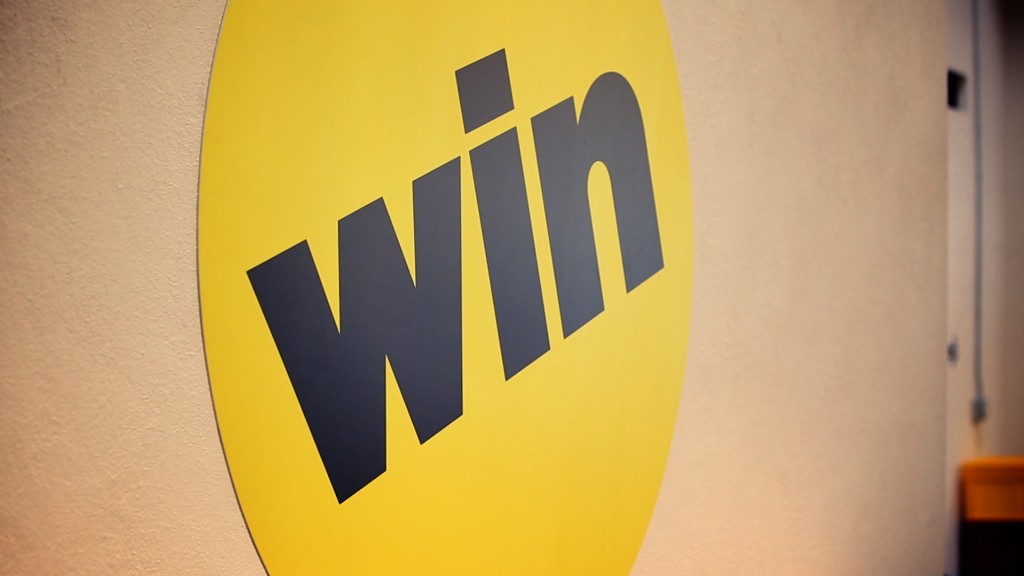
What compels a person to share something on the Internet?
This is a question that propels BuzzFeed, which has emerged as one of the world's leading digital publishers.
The site is an ongoing experiment in what stirs people to repost, tweet, text and respond. It could be a dispatch from the Syrian border or it could be a slideshow of confused cats in socks.
"I feel like people tend not to appreciate the value of what seems to be trivial," Buzzfeed Motion Pictures president Ze Frank says. Those stories and videos "generally tend to be where we learn about the future."
As an example, he recalls "Americans Taste Test Australian Snack Foods," a video that was conceived when BuzzFeed launched down under.
"It's a simple, silly, trivial video," Frank says. "But it ended up being the first real initiative where Australia took notice and started really watching these videos."
Related: BuzzFeed college tour to feature Hillary Clinton
What's the significance of that? "We started to generalize that and realized that there's a way that you can show people experiencing things for the first time — which winds up being a very powerful way to talk about a lot of serious issues, whether it's gender, whether it's race," etcetera.
The result is a web video show called "Real Mature."
"Small things end up having potentially big impacts," Frank says.
BuzzFeed executives, all the way up to CEO Jonah Peretti, say they measure success through the "impact" the company's news and entertainment is having on its users.
"We aren't building BuzzFeed to get as many impressions or clicks or shares or time spent as we can," Peretti wrote in a late October memo. "We are building BuzzFeed to have a positive impact on people's actual lives."
Related: BuzzFeed gets $200 million from NBC
Frank explained that "things like views and shares" are metrics that help BuzzFeed "look at a deeper layer of impact."
"Impact," he said, "could be making people laugh, making people feel good... but then there's making people feel comfortable about themselves, exposing people to new opinions and attitudes to make them more empathic. And it could go all the way down to the impact that news has in New York, Ben Smith's team, which can be incredibly impactful. A law can be changed, somebody can be put in prison. There's a wide spectrum of impact."
Ben Smith is editor-in-chief of Buzzfeed and based in New York.
Frank describes his Hollywood-based division of BuzzFeed as a "modern studio." It aims to produce a wide array of video, "from the animated GIF all the way out to the feature — we want to do all of it."
BuzzFeed's strategy is known as "distributed media" -- sharing videos and other content on Snapchat, Facebook, Twitter, and other social networking sites as well as its own flagship site.
Frank now views the entrenched TV networks and movie studios as direct competition.
"We're competing for people's attention," he says. "We're not only competing with other producers of content — I'm competing with the cheese in your refrigerator. I want you to see our content."
And not eat the cheese? "Well," he says, "you can eat the cheese while you watch the content." Maybe you'll share the cheese and share the BuzzFeed video, too.


